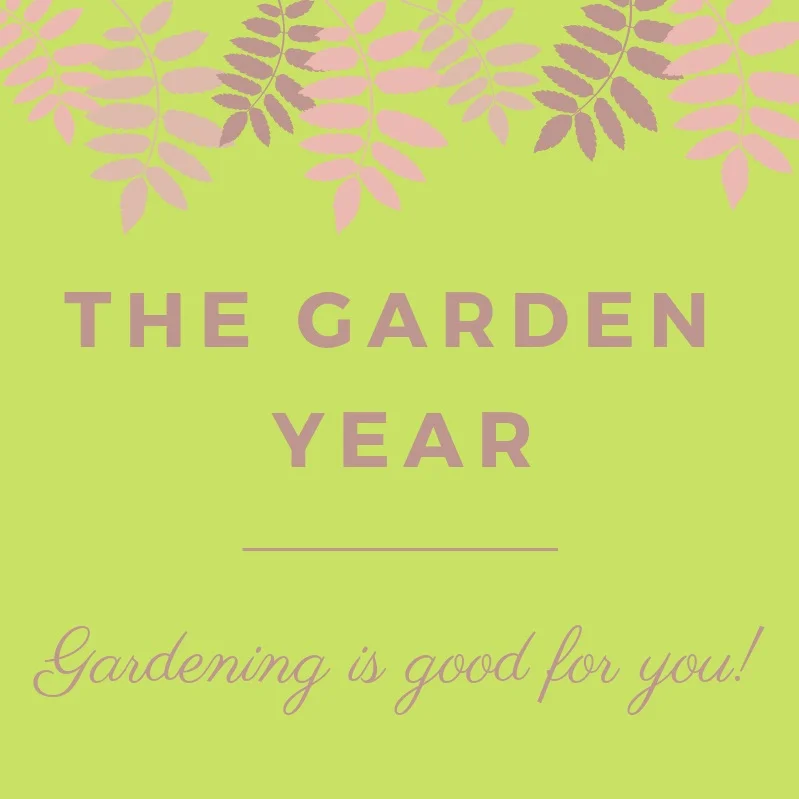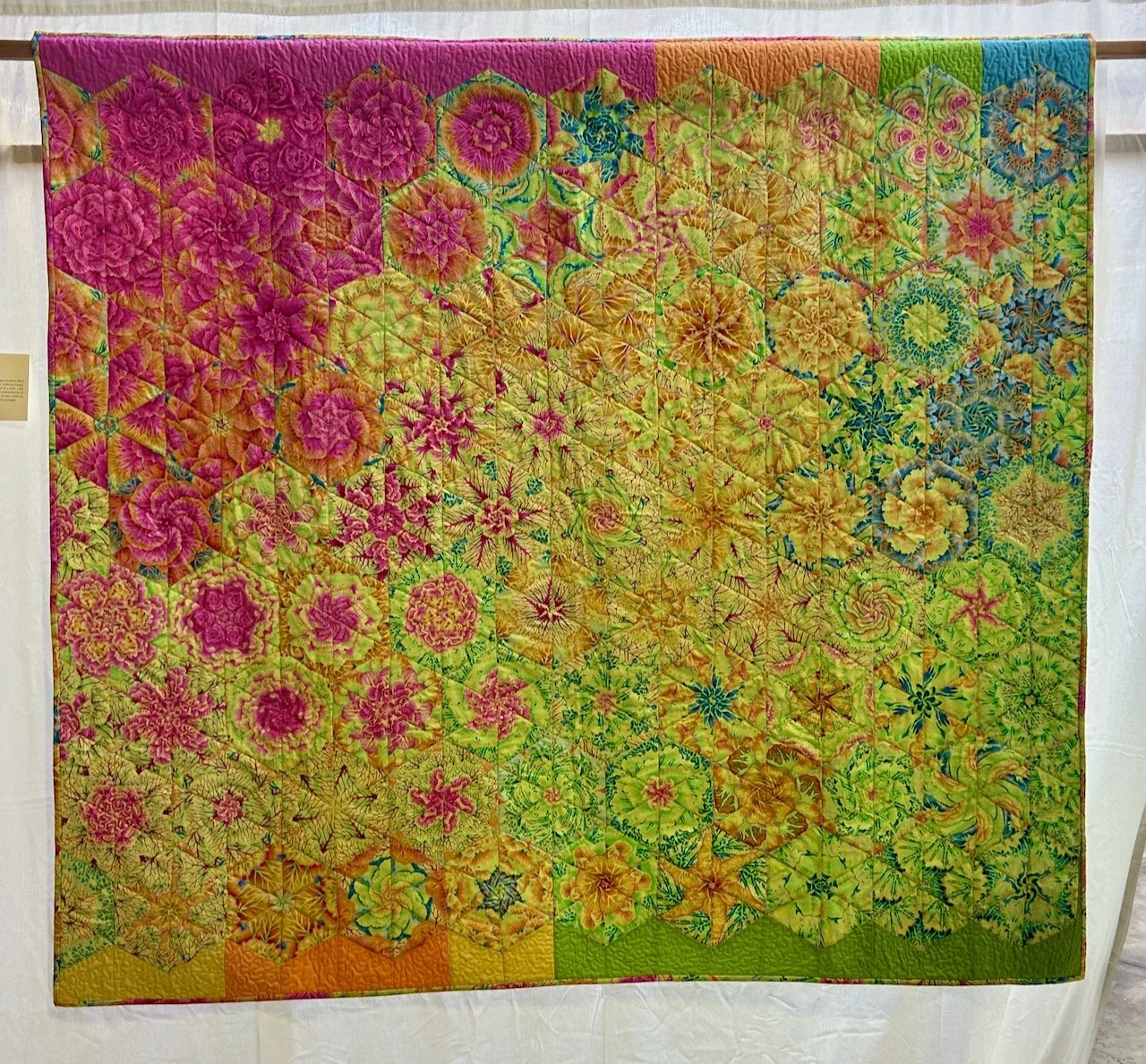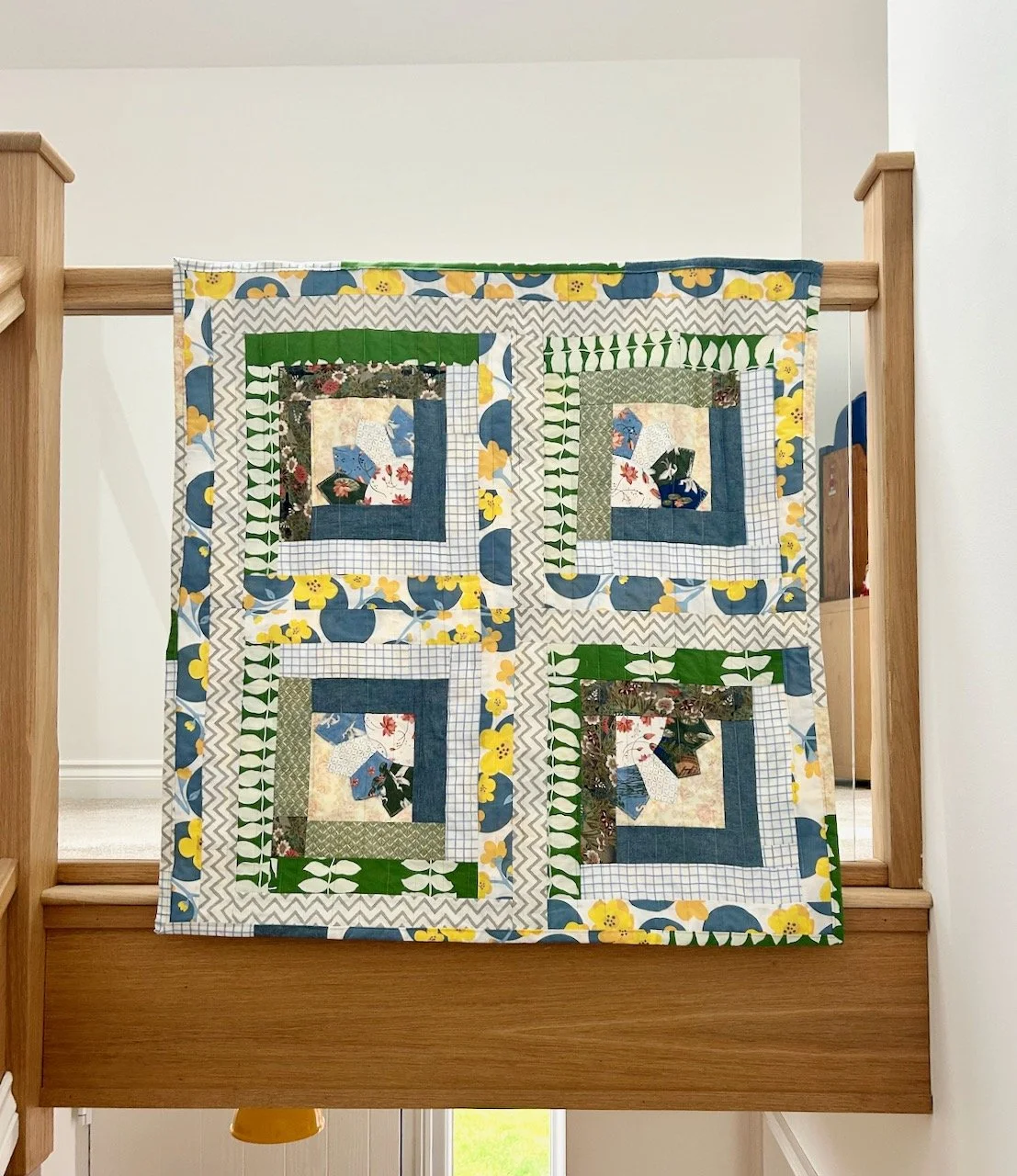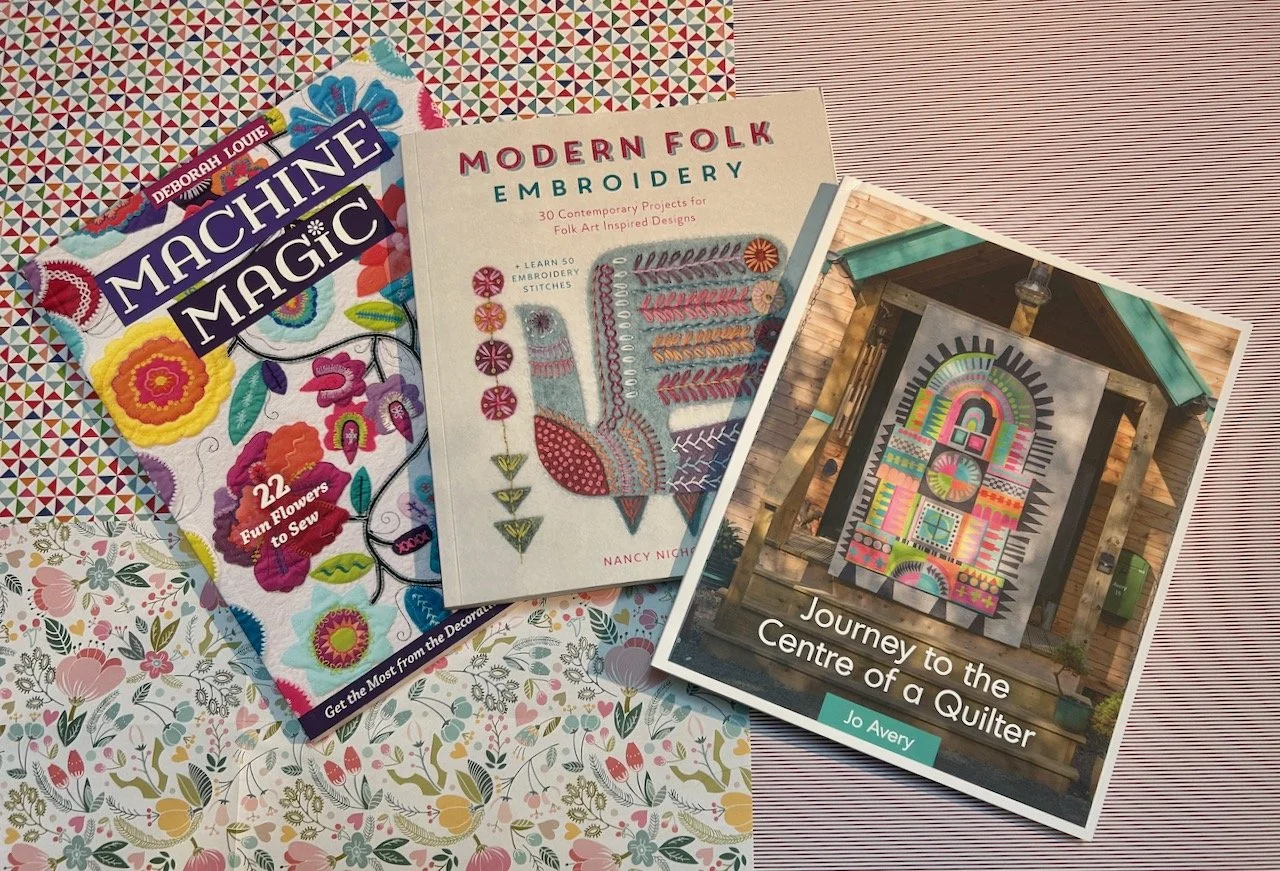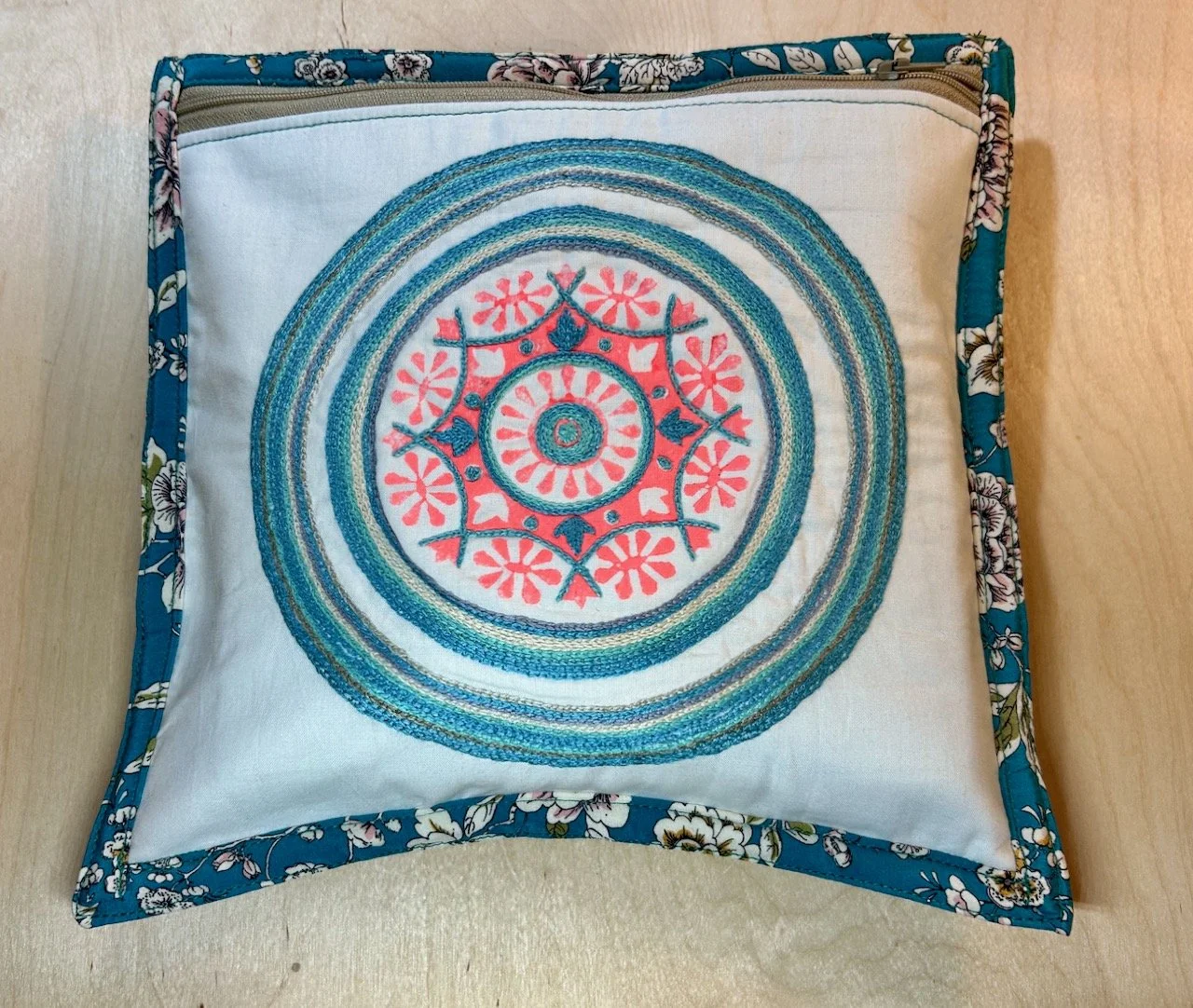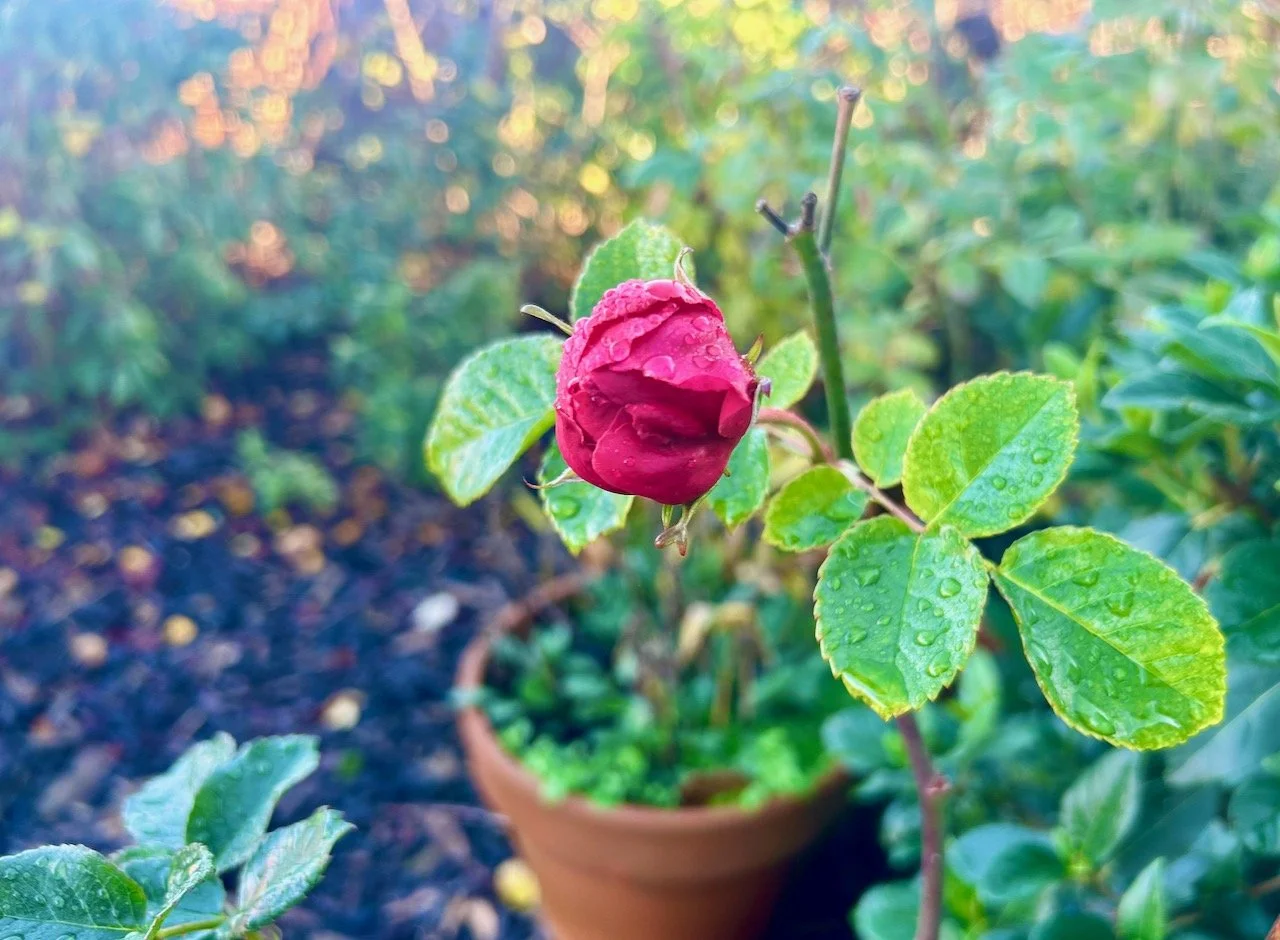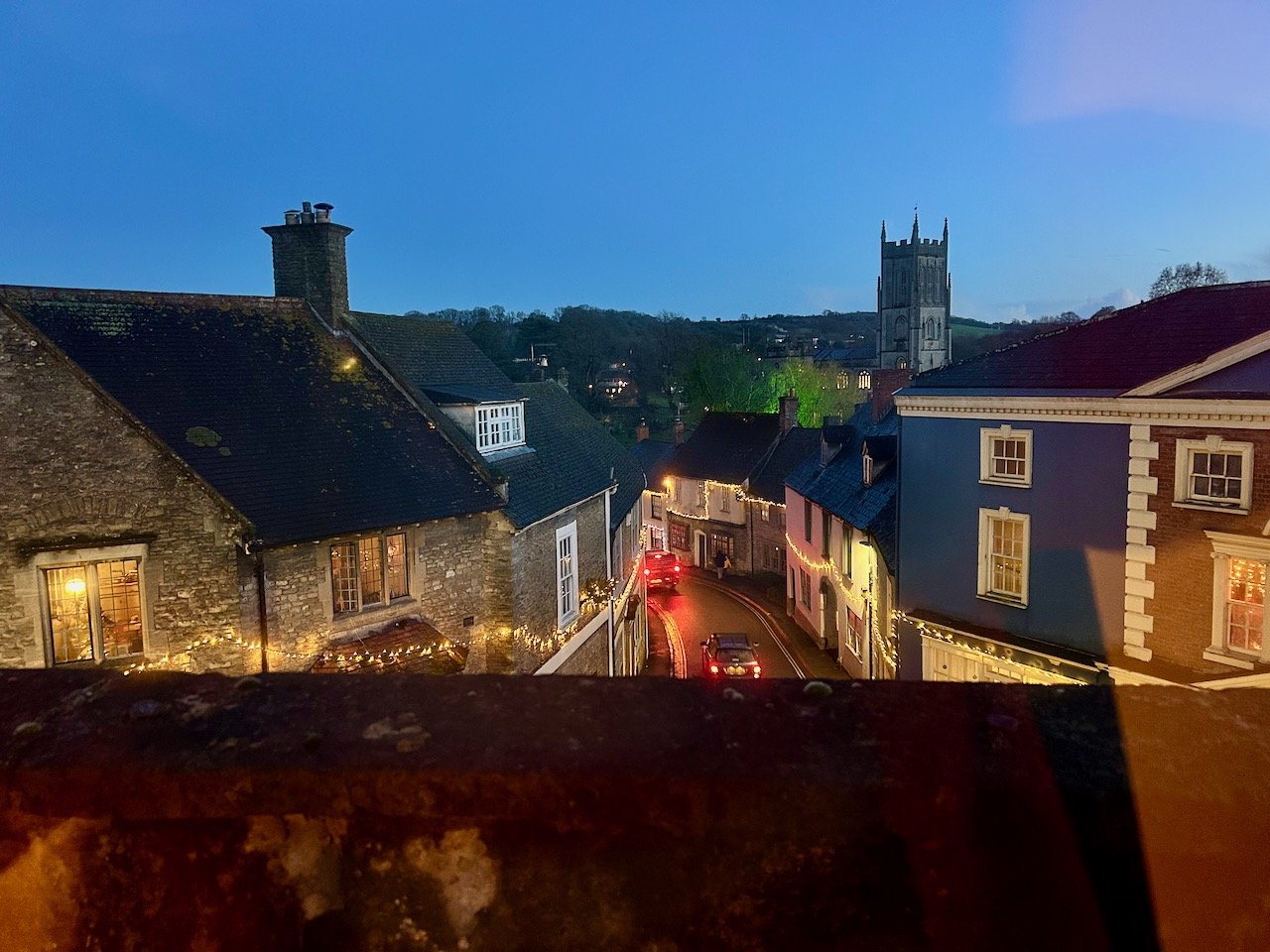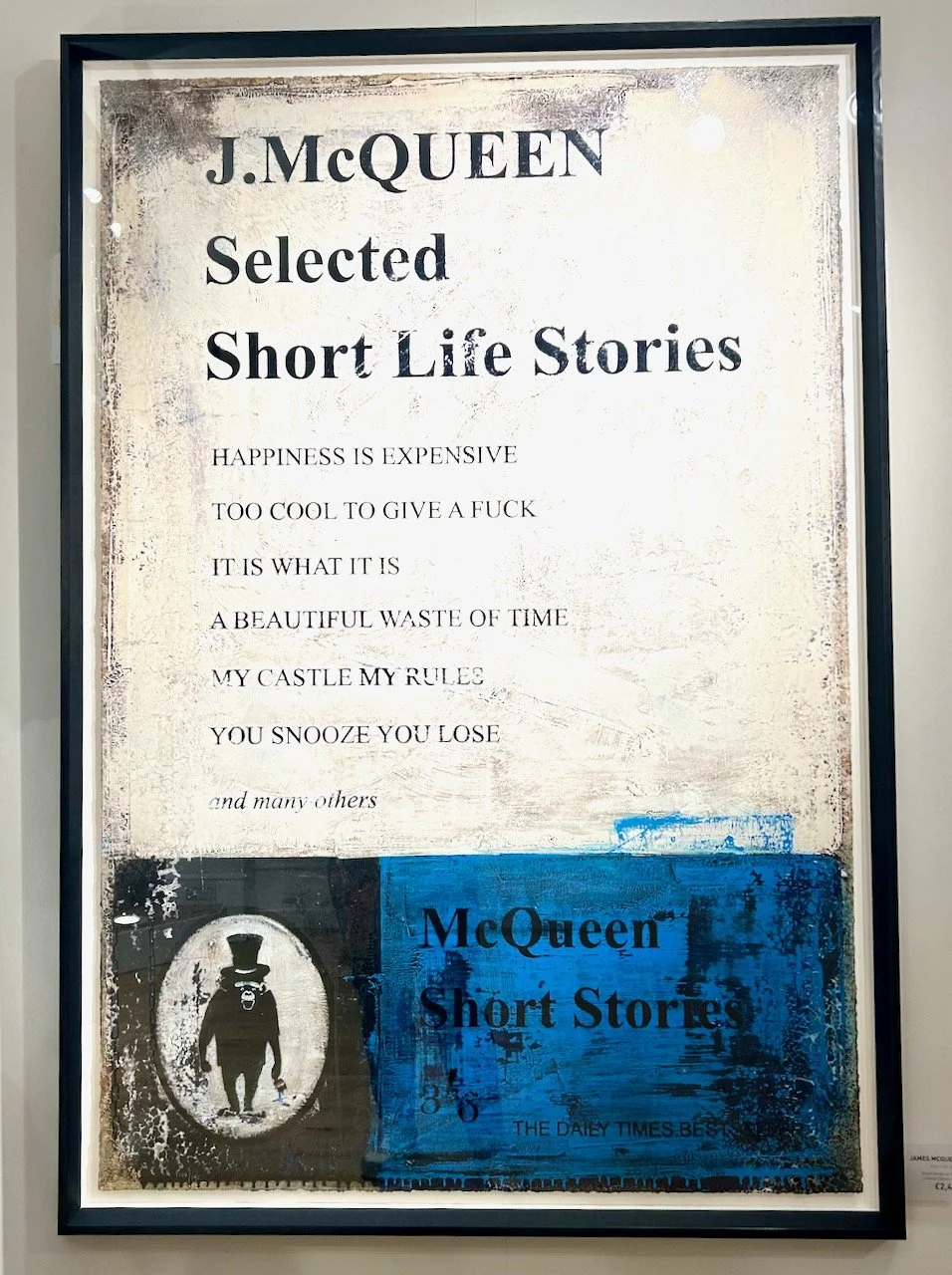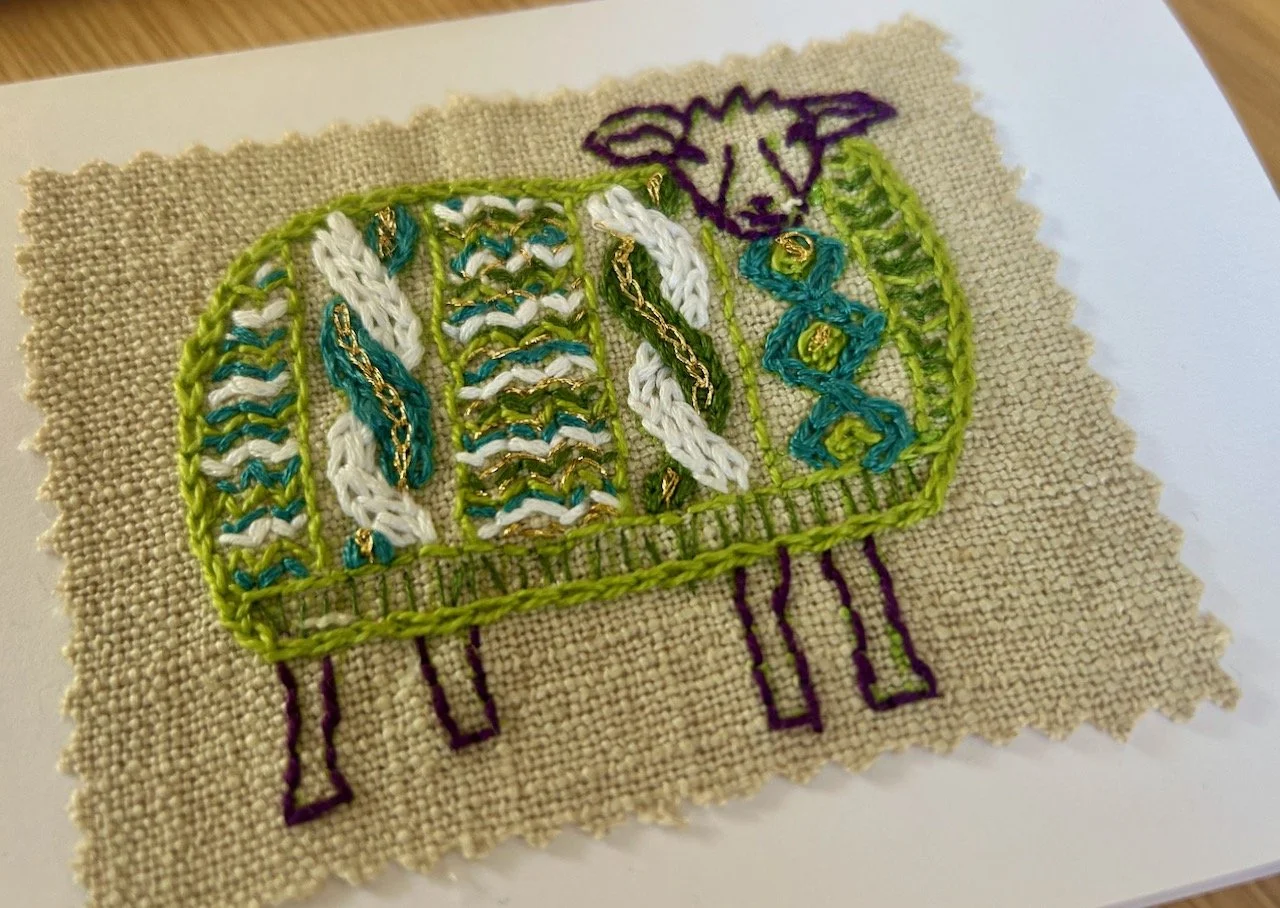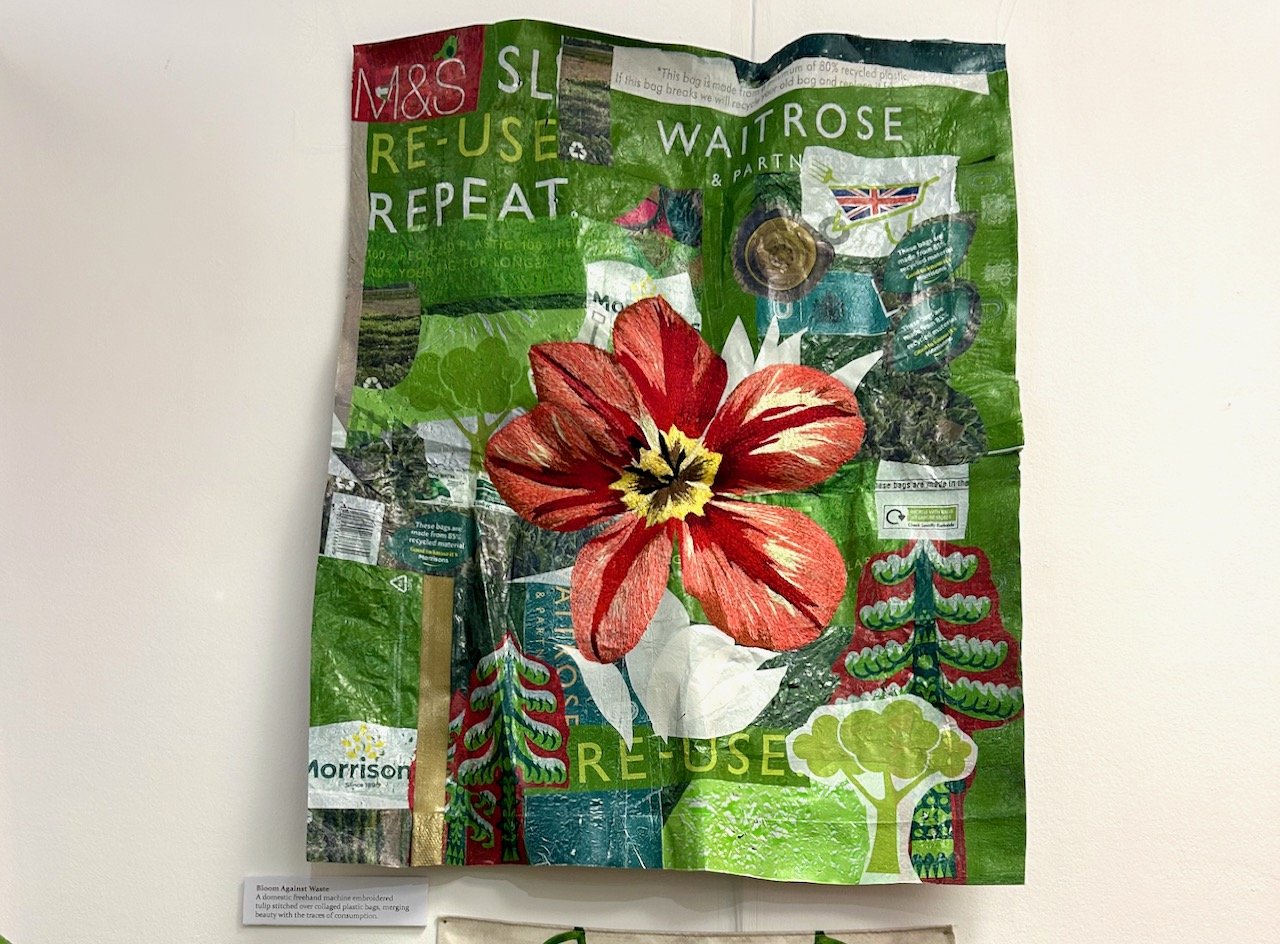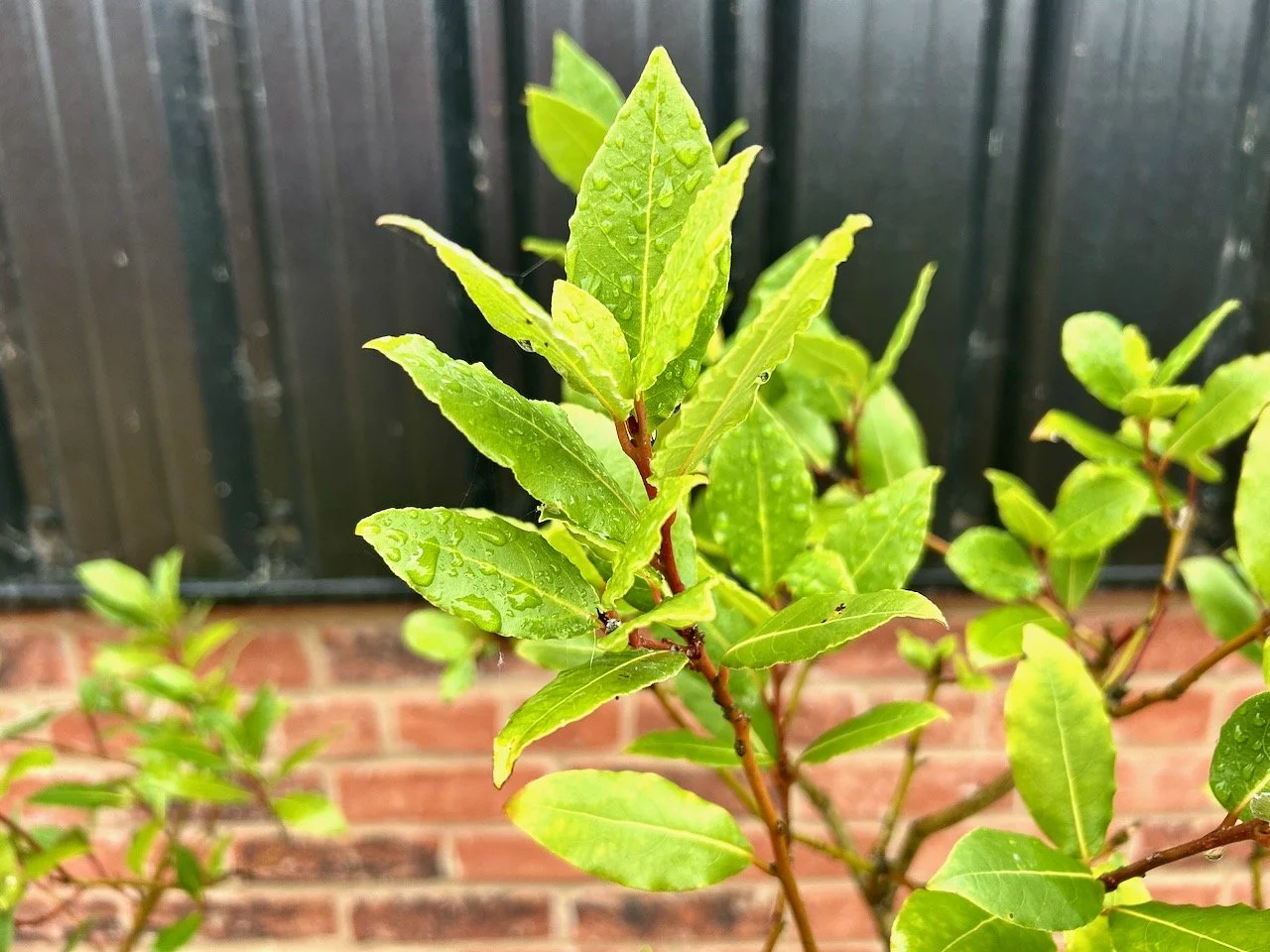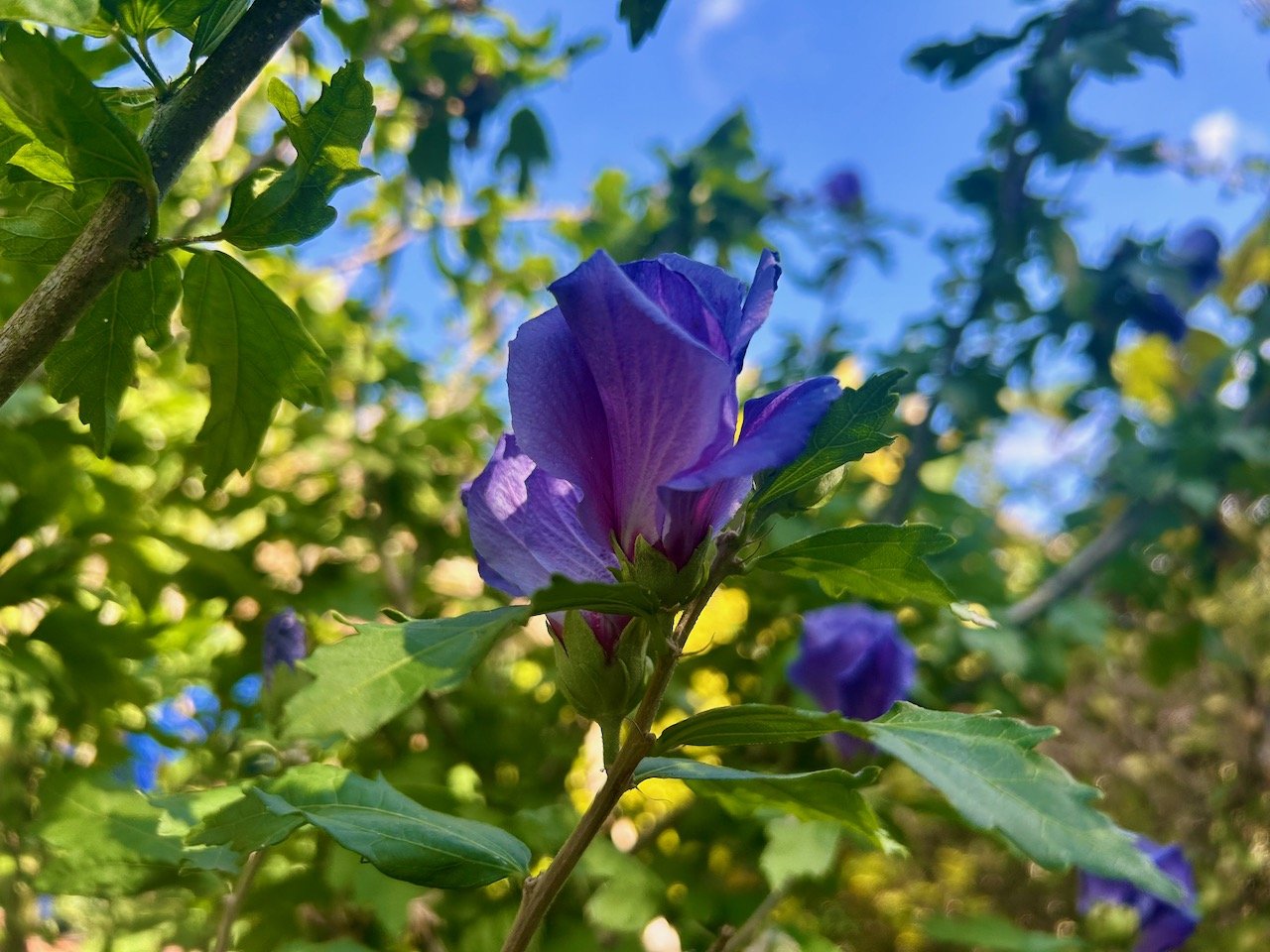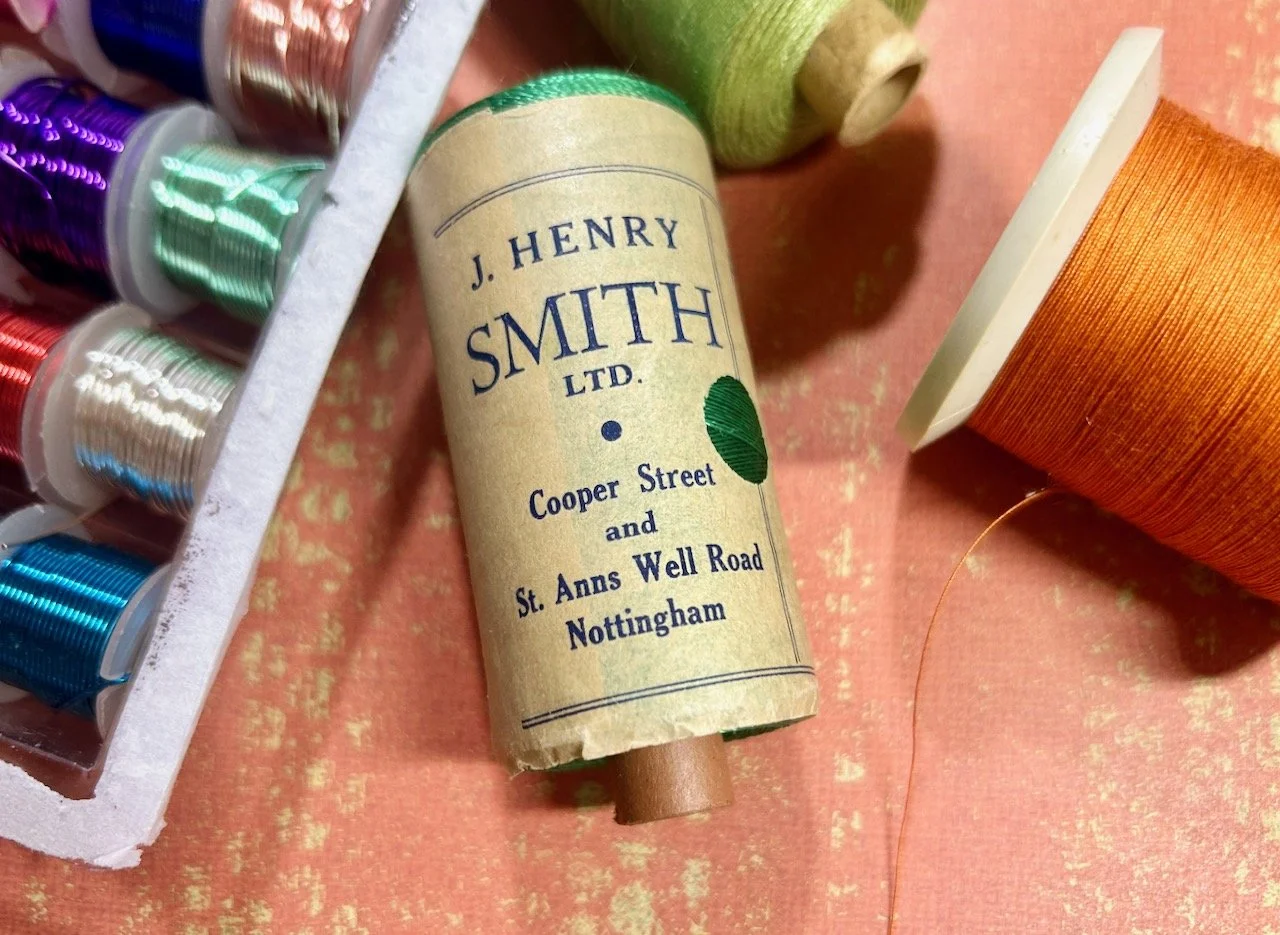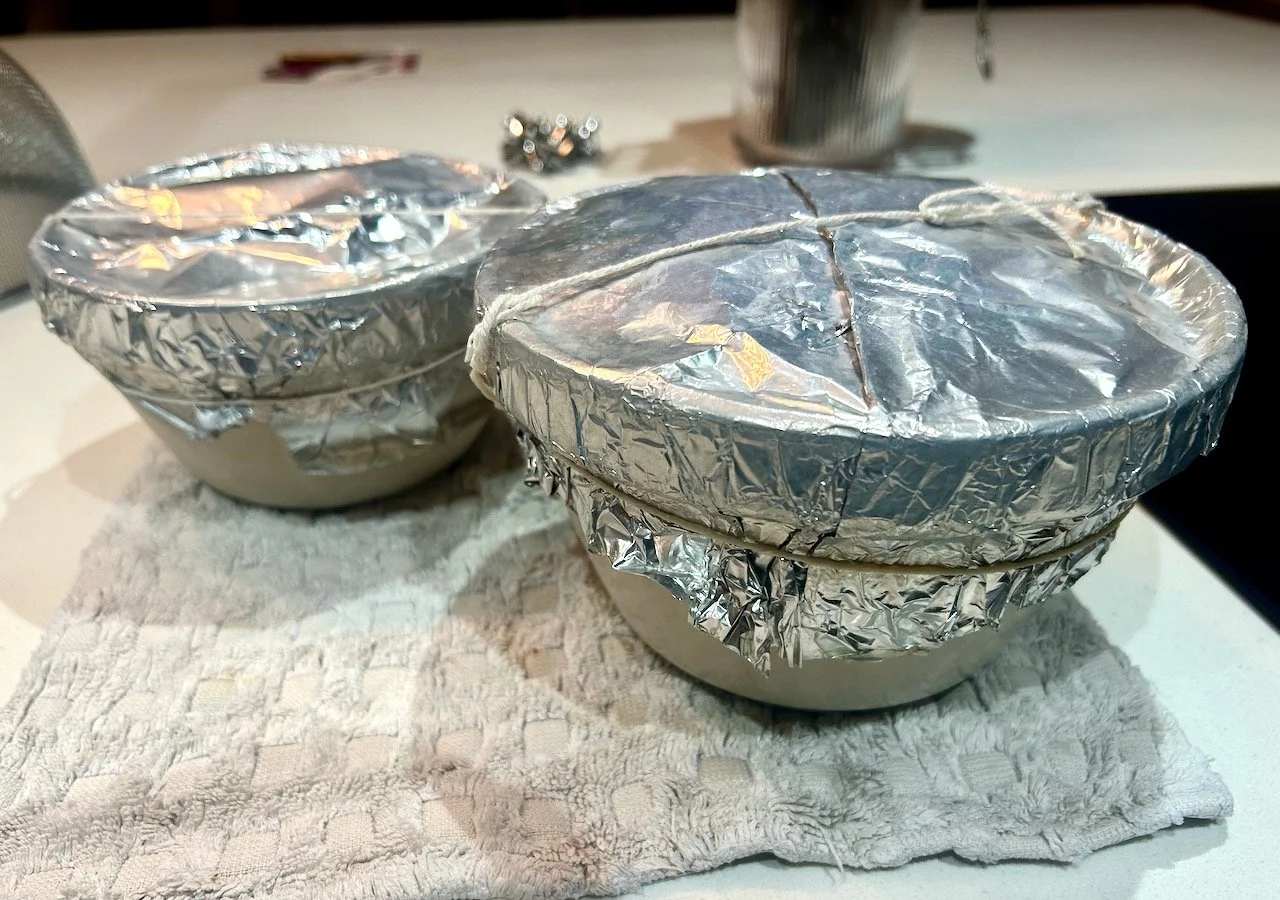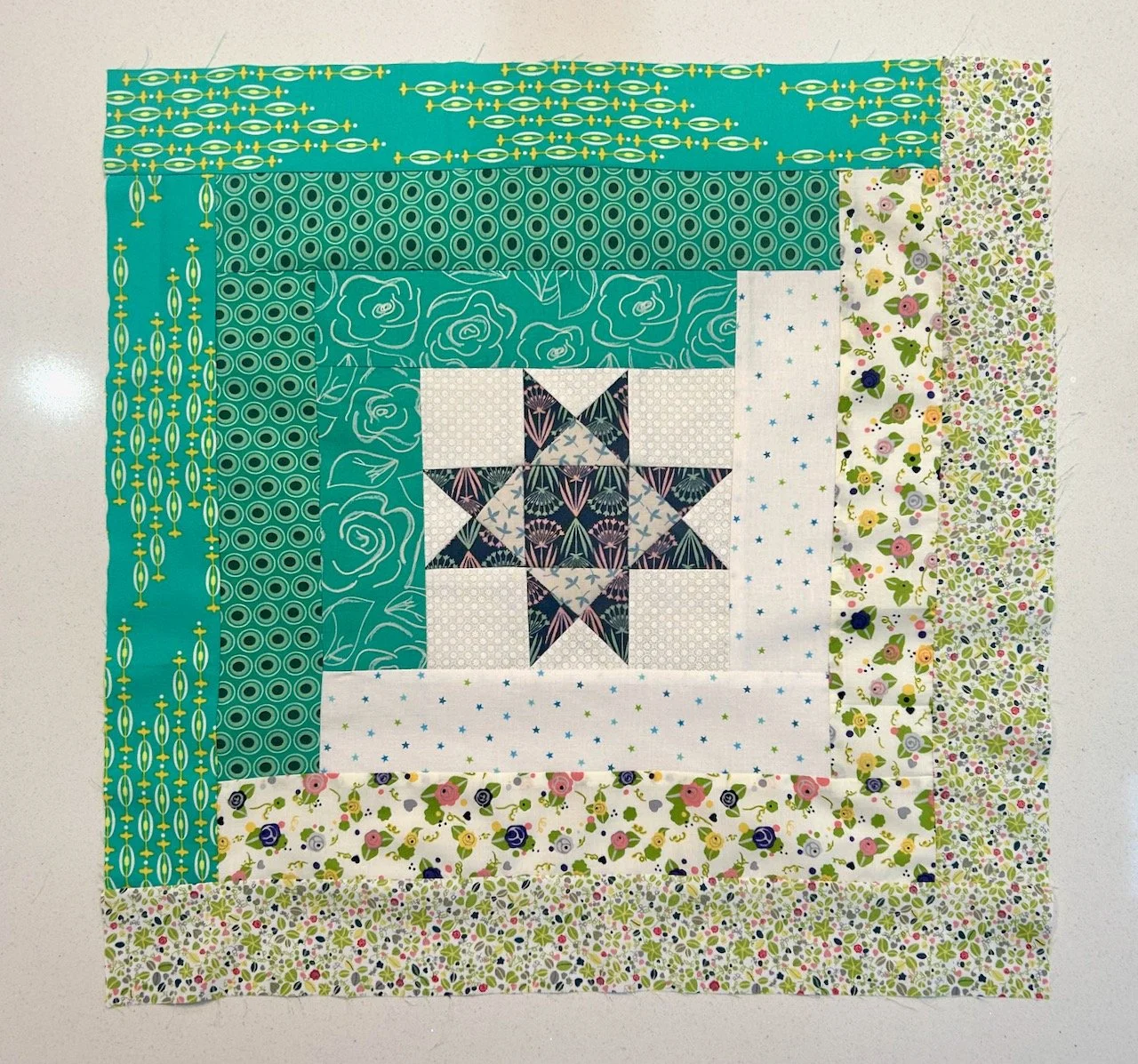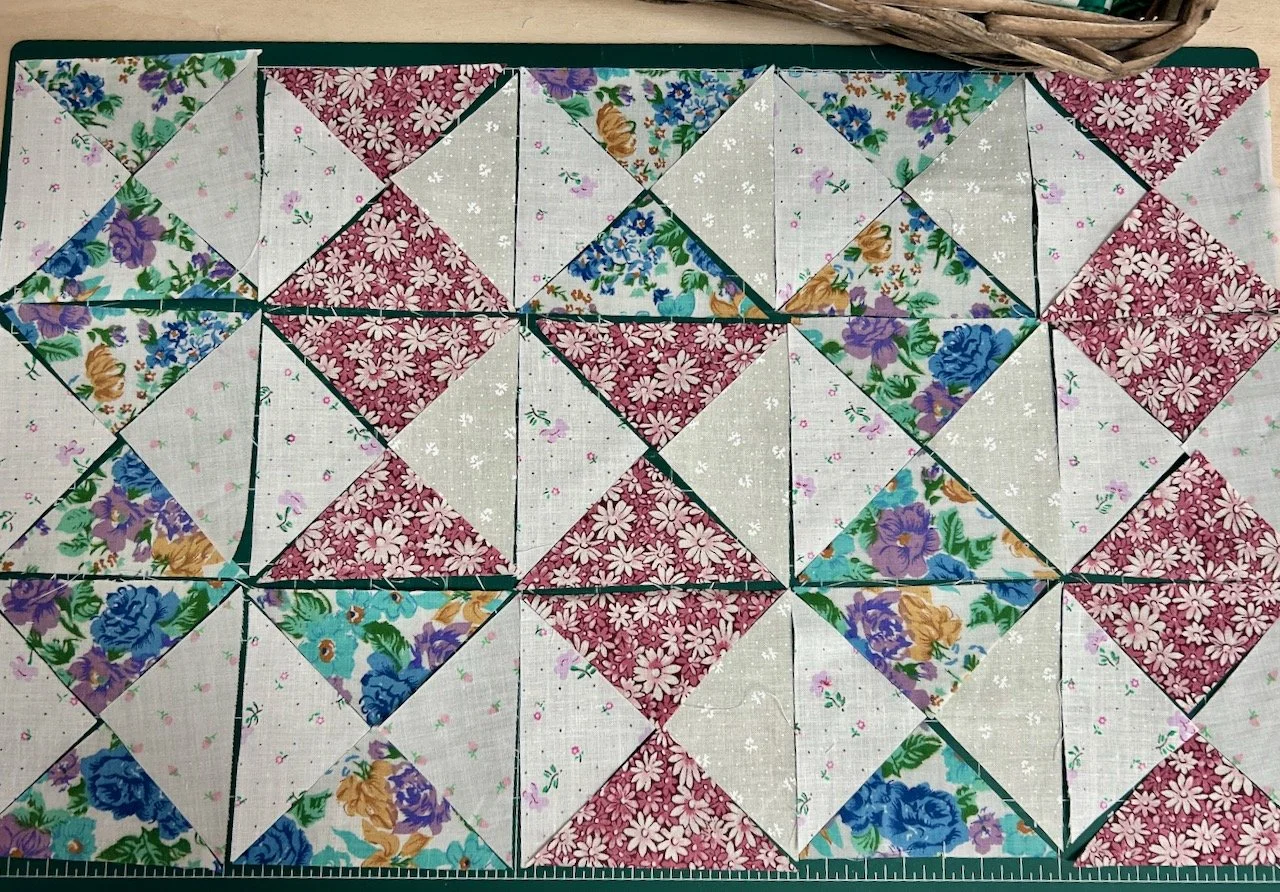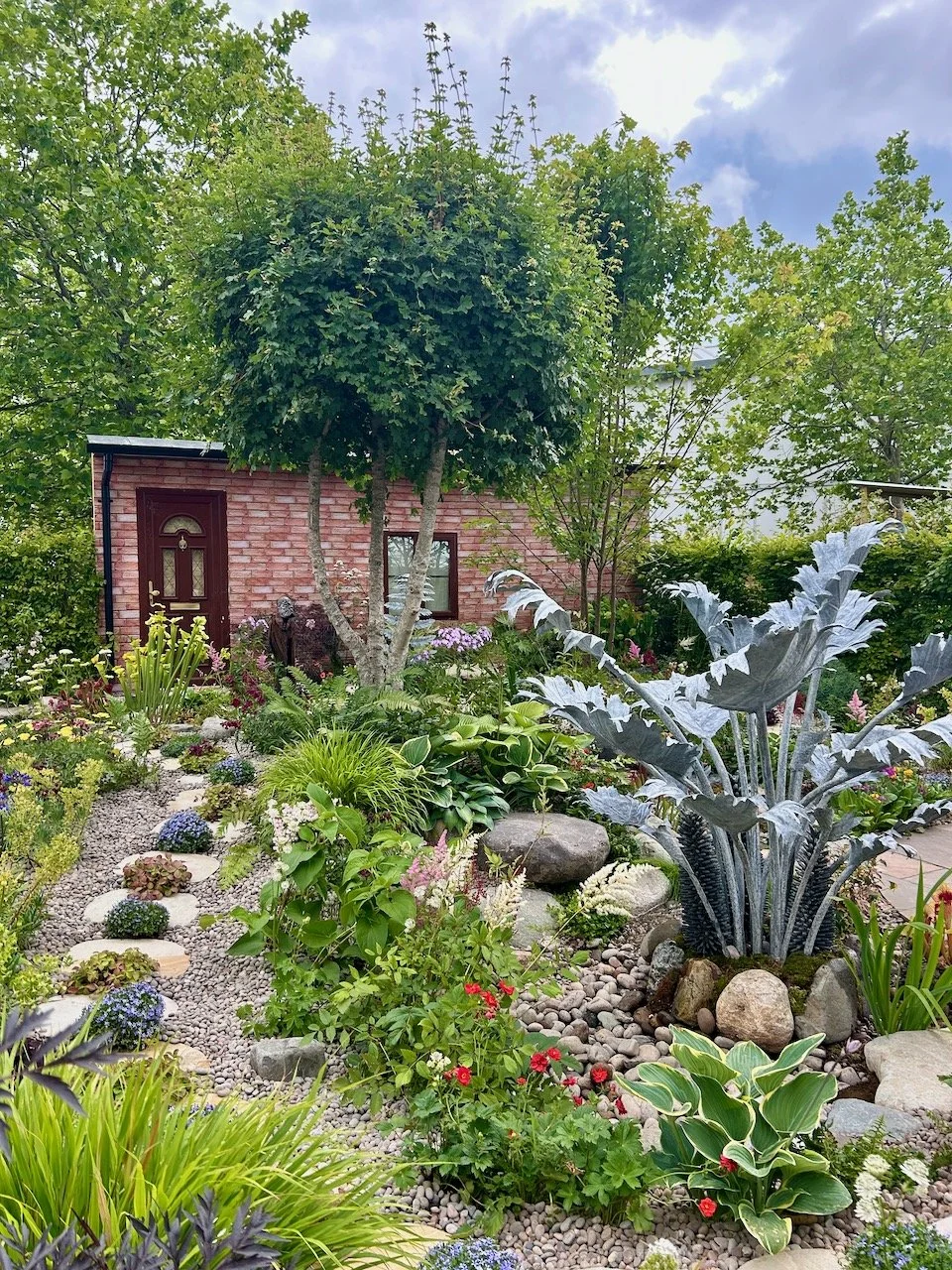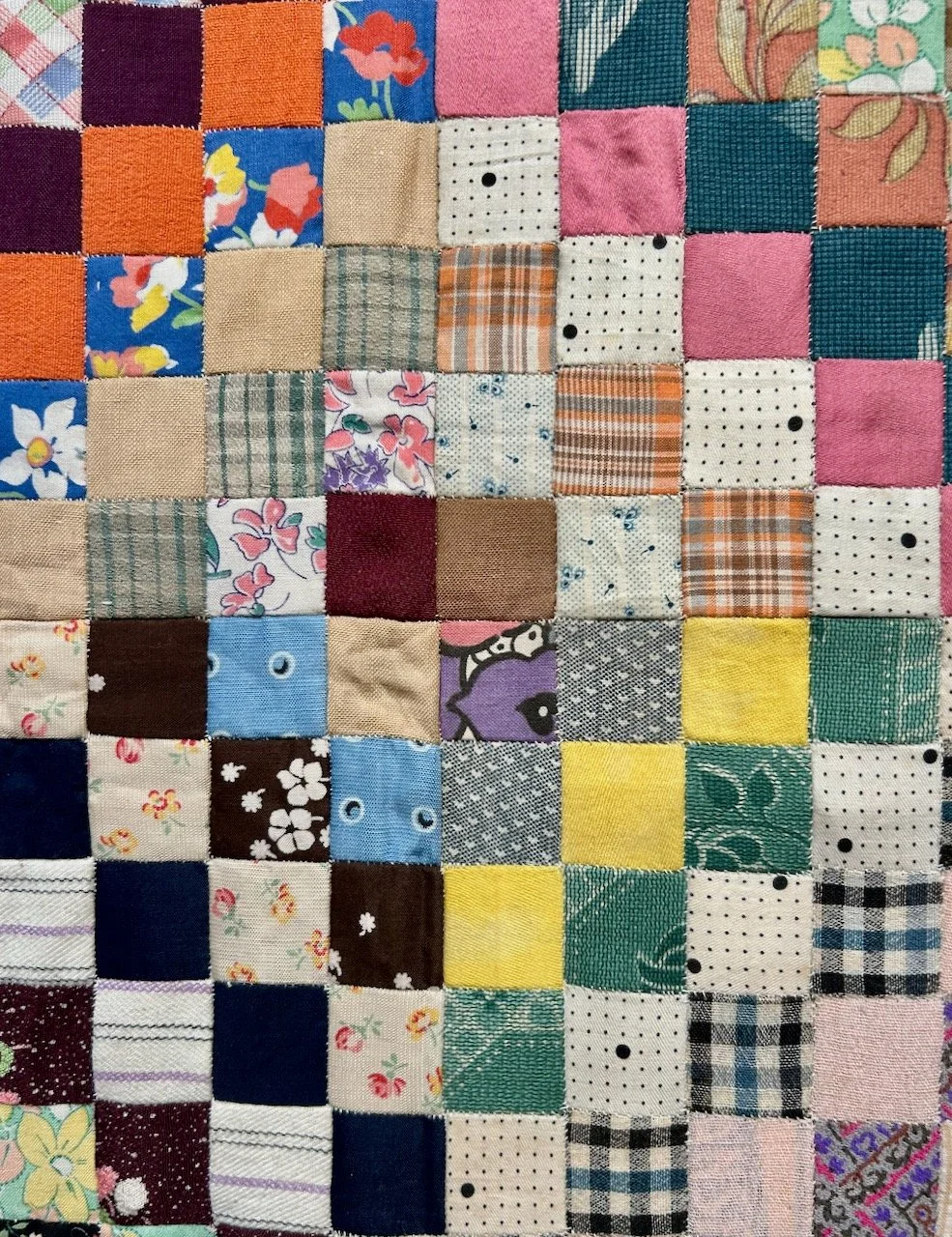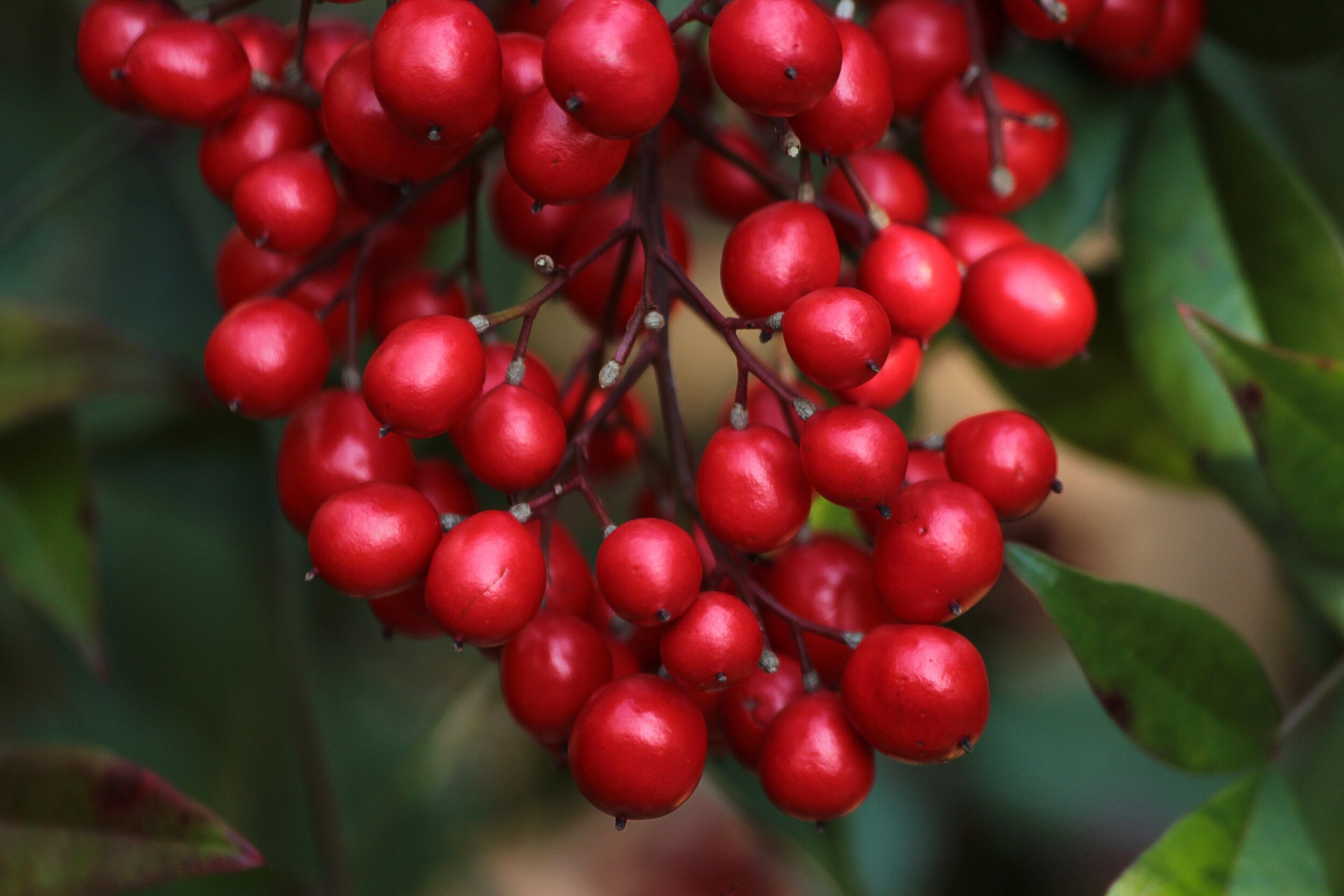For this year’s Garden Year linky I’m continuing to share advice from Songbird Survival about how we can make our gardens the best they can be for birds.
This month is the final Garden Year linky of the year, and it’s been quite the year continuing to learn about my garden and to think about the changes we will make, and who we might use to help us design and deliver that. There is as always so much choice and the worry about not getting it quite right, or choosing well but as with everything the best thing to do is actually make a start.
Moving the pots around the garden this year has helped inform the plans that were starting to shape up in my mind, though of course with the colder weather ahead of us I’ll be needing to move those pots to more temperate parts of the garden.
The succulents will move into the garage, they’ll got some light there but mostly they will be sheltered. The other pots will retreat into the borders further so getting some protection from the bushes and the wall that surrounds them.
The seeds that I’ve bought this year will stay inside until its time to plant them, and hopefully before the weather chills down too much I’ll be able to grab some time to repot my bulbs so that when spring comes they’ve got the best chance of putting on that early colour which I love so much.
Thanks for joining me throughout the year for this linky, and I can’t wait until spring is with us once again…
#ThinkBirds
This month, the focus turns to shrubs and bushes and the advice to plant them so they establish before any forecast cold snaps. Also to consider what you plant, remembering that hawthorn or elder are great for providing both food and shelter.
Advice, inspiration and places to visit
RHS advice: jobs to do this month
Gardeners World advice and inspiration
National Trust gardens and parks to visit
English Heritage historic gardens to visit
Leave a link below to share what you’ve been up to in the last month, or add a comment sharing your plans for the upcoming month.
